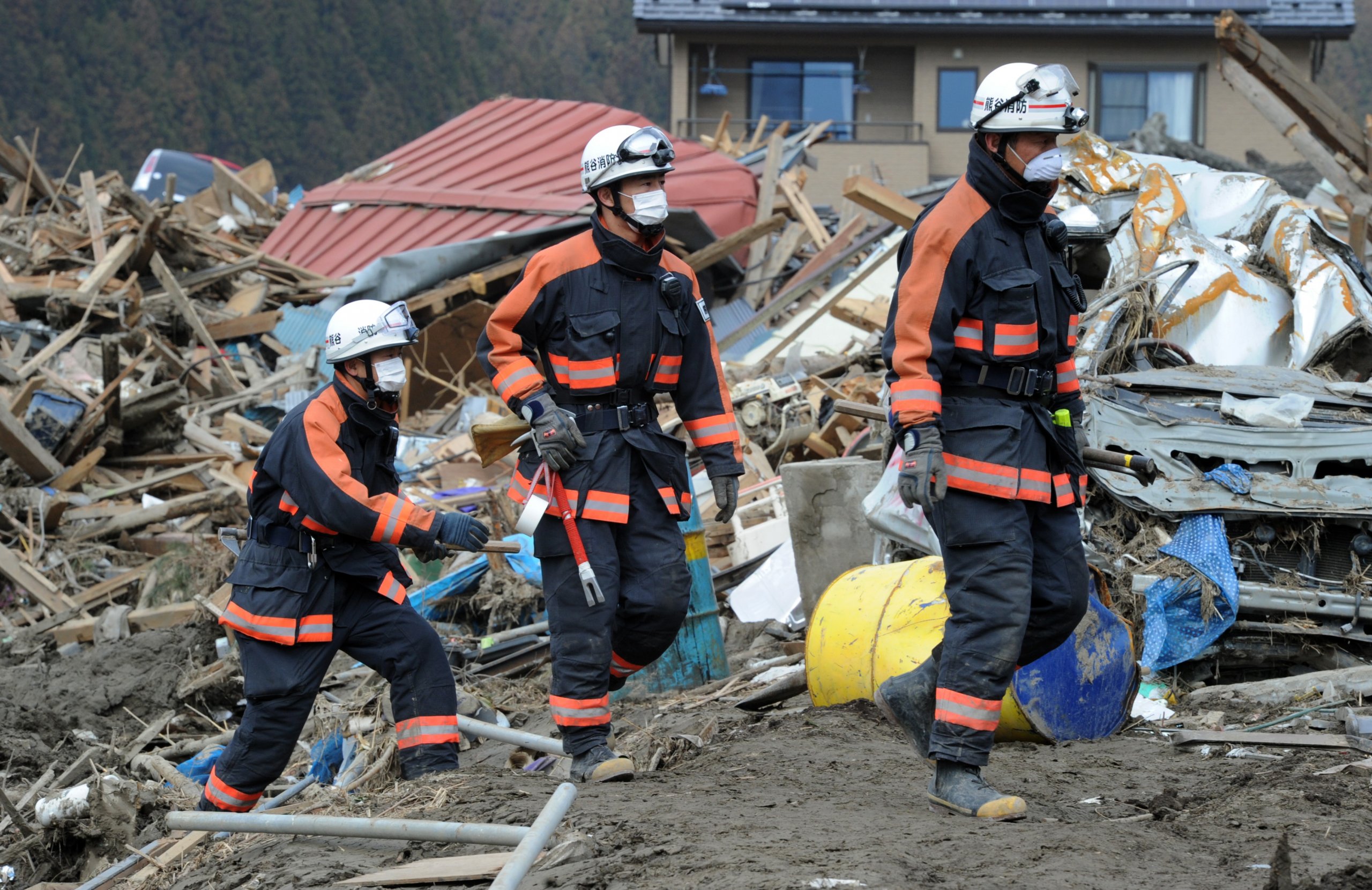The Science and Policy Forum, which met in the lead up to the Global Platform on Disaster Risk Reduction, had a very clear message for the community – Enhancing resilience and achieving DRR requires strengthened collaboration and integration across all fields of science, policy-makers, and society to meet short term information needs in order to anticipate and mitigate long-term impacts.

The Forum, organized by the International Science Council, the United Nations Office on Disaster Risk Reduction and the Integrated Research on Disaster Risk programme, attracted 400 participants over two days to discuss advances in science that support the implementation of the Sendai Framework and to identify critical knowledge needs on an integrated approach to DRR.
The Forum launched a UNDRR-ISC facilitated technical working group on hazards terminology aimed at developing a common definition and language across the full scope of hazards covered by the Sendai Framework. Chaired by Professor Virginia Murray, the new working group has been tasked with developing new hazard definitions and classifications, and seeks input from stakeholders to ensure the list is robust, and reflects the full spectrum of local and regional terminology.
Professor Murray, Head of Global DRR, at Public Health England said “An updated hazards list driven by science is crucial to ensuring an integrated response to disaster risk reduction and achieving the goals set out by the Sendai Framework”.
Dr Flavia Schlegel, the ISC’s Special Envoy for Science in Global Policy said “We live in a time of increasingly frequent and severe disasters fuelled by the impacts of climate change. In response, the International Science Council invests in bridging the gap between the natural and social sciences in understanding the very systemic and cascading nature of risks”.
One of the key challenges discussed during the Forum was how to address the issues around the use of data – including the lack of data from some of the most vulnerable regions, and how big data, quality data and data interoperability were critical in enhancing the capacity to better understand and manage risks, particularly given advances in science and disruptive technologies, and systems-wide resilience to address technological hazards.
The Forum urged the DRR community to consider major advances in the use of technology for disaster management which had strong potential for future deployments, however, noted that their application varied in pace, scope and impact. The advances included:
Another strong message coming from delegates at the Forum Sendai Framework provided an understanding of risk which required engagement with vulnerable communities, stronger effort in understanding the local context in which risks emerge and the complex ways in which the physical and social geographies combine is needed to advance DRR and the sustainable development agenda.
Working with local communities is a key component of this engaged and inclusive science and it is hoped that through the Technical Working Group on Sendai Hazard Definitions and Classification, that the list will reflect the full spectrum of local and regional terminology.
Further reading:
1. Technical Working Group on Sendai Hazard Definitions and Classification
2. ISC Policy Briefs:
3. Launch of the new Journal Progress in Disaster Science
For further comment or information, please contact ISC Science Officer, Anne-Sophie Stevance:
Email: [email protected]
Photo: Firemen search for bodies in the flattened town of Rikuzentakata, Iwate prefecture, on March 22, 2011, after the devastating March 11 earthquake and tsunami. The twin quake and tsunami disaster, Japan’s worst crisis since World War II, has now left 8,805 people dead and a further 12,664 listed as missing, with entire communities along the country’s northeast coast swept away. Photo credit: MIKE CLARKE/AFP/Getty Images